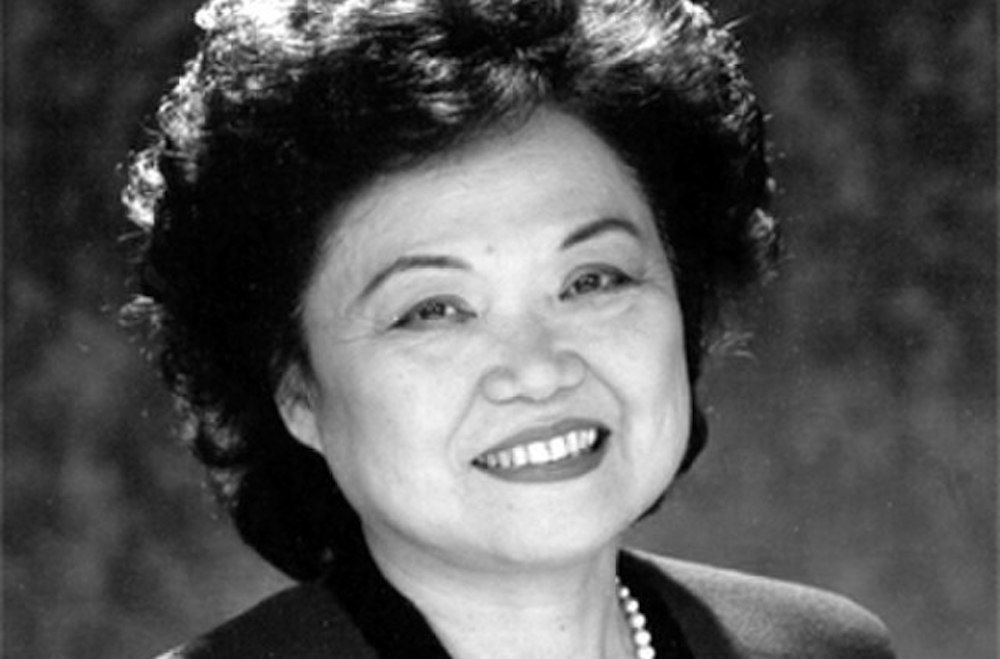
Patsy Mink was the first Asian American woman, and the second woman from Hawaii, to be elected to the U.S. Congress. As a third-generation Japanese American, she faced down racism, sexism, and discrimination to achieve a successful political career. In addition to writing several bills, including the Title IX Amendment of the Higher Education Act, the Early Childhood Education Act, and the Women's Educational Equity Act, she was the first Asian American to run for United States President.
Patsy Takemoto Mink was born in 1927 and raised on the island of Maui. She was gifted in academics, graduating from Maui High School in 1944 as class president and valedictorian. She attended Wilson College in Chambersburg, Pennsylvania, and the University of Nebraska at Lincoln before graduating with a degree in zoology and chemistry from the University of Hawaii in 1948.
Initially, Mink intended to pursue a medical career, but after being rejected by several schools, she decided to pursue law. She became the first Hawaiian woman to graduate from the University of Chicago Law School. She and her husband then moved to Honolulu, where she faced discrimination from bigger firms due to her interracial marriage. Undeterred, Mink went into private law practice and lectured on business law at the University of Hawaii. She became the first Japanese American woman to practice law in her home state.
When Hawaii became a state in 1959, Mink immediately began campaigning to be elected as a congresswoman. Her first attempt was unsuccessful, but she tried again in 1962 and won a seat in the Hawaii State Senate. Then, in 1964, she won election to the U.S. House of Representatives, where she remained until 1977. She fought for gender and racial equality, affordable childcare, and bilingual education.
In the following years, Mink served as Assistant Secretary of State for the Bureau of Oceans and International Environmental and Scientific Affairs and as a member and chairperson of the Honolulu city council. In 1990, Mink won a special election to complete the remaining term of her successor in the House, Daniel Akaka, and she served until her death in 2002. She remained true to her liberal ideals throughout her entire political career and was honored posthumously with the Presidential Medal of Freedom from President Barack Obama. As of June 2022, her portrait hangs in the U.S. Capitol.
